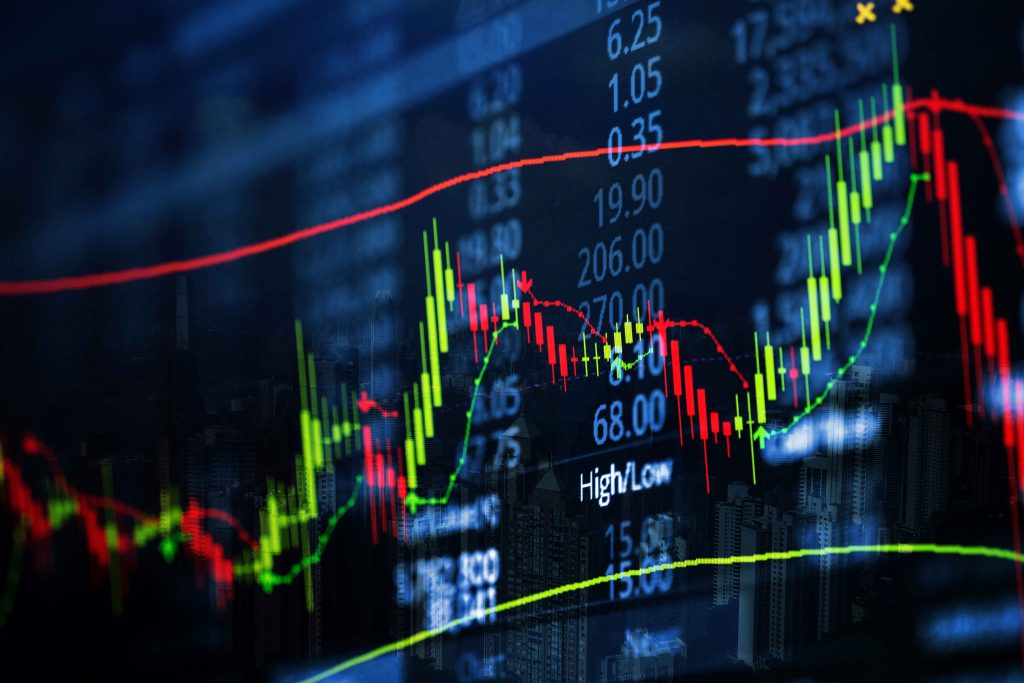The Forex market, also known as the foreign exchange market, is the largest financial market globally, with trillions of dollars traded daily. It operates around the clock, enabling participants to engage in currency trading across different time zones.
But who exactly manages this vast and dynamic marketplace? Unlike traditional stock exchanges, the Forex market does not have a centralised governing body or a physical location.
Instead, it functions as an over-the-counter (OTC) market, where participants trade currencies electronically. As a result, there is no single entity responsible for managing the entire market. However, several key players contribute to the efficient functioning and oversight of the Forex market.
Let's take a closer look at these participants:
Commercial and Investment Banks
Banks play a crucial role in the Forex market as they facilitate the majority of currency transactions. They act as market makers by quoting bid and ask prices, providing liquidity, and executing trades on behalf of their clients. Banks also engage in proprietary trading, where they trade currencies to generate profits for their own accounts.

Central Banks
Central banks represent the government monetary authorities responsible for implementing monetary policies and regulating the money supply. They play a significant role in managing the Forex market through their control over interest rates, intervention in currency markets, and the issuance of monetary policies.
Central banks can influence currency values through actions such as adjusting interest rates, conducting open market operations, and implementing currency interventions.
Forex Brokers
Forex brokers are intermediaries that enable individual traders and institutional investors to access the Forex market. They provide trading platforms, leverage, and access to liquidity providers, allowing market participants to execute trades. Forex brokers may be regulated by financial authorities in their respective jurisdictions to ensure fair and transparent trading practices.

Institutional Investors
Large financial institutions, such as hedge funds, pension funds, and asset management firms, participate in the Forex market on behalf of their clients or investment funds. They engage in currency trading to manage risks, speculate on currency movements, and seek opportunities for profit.
Read More: What are Safe Haven Currencies?
Retail Traders
Individual traders, including retail investors and speculators, are an important part of the Forex market. With the advent of online trading platforms and technological advancements, retail traders now have access to the Forex market and can trade currencies from anywhere in the world.
Retail traders typically trade in smaller volumes compared to institutional investors but collectively contribute to the market's liquidity. It's important to note that while various participants manage and participate in the Forex market, the market itself operates based on the principles of supply and demand.

Currency prices are determined by market forces, including economic indicators, geopolitical events, investor sentiment, and other factors influencing the global economy.
Final Thoughts on Forex Market
In conclusion, this is a decentralised market without a single managing entity. Instead, it relies on the participation of various players such as banks, central banks, brokers, institutional investors, and retail traders. Each participant contributes to the market's liquidity, stability, and efficiency, ultimately shaping the dynamics of currency trading.
